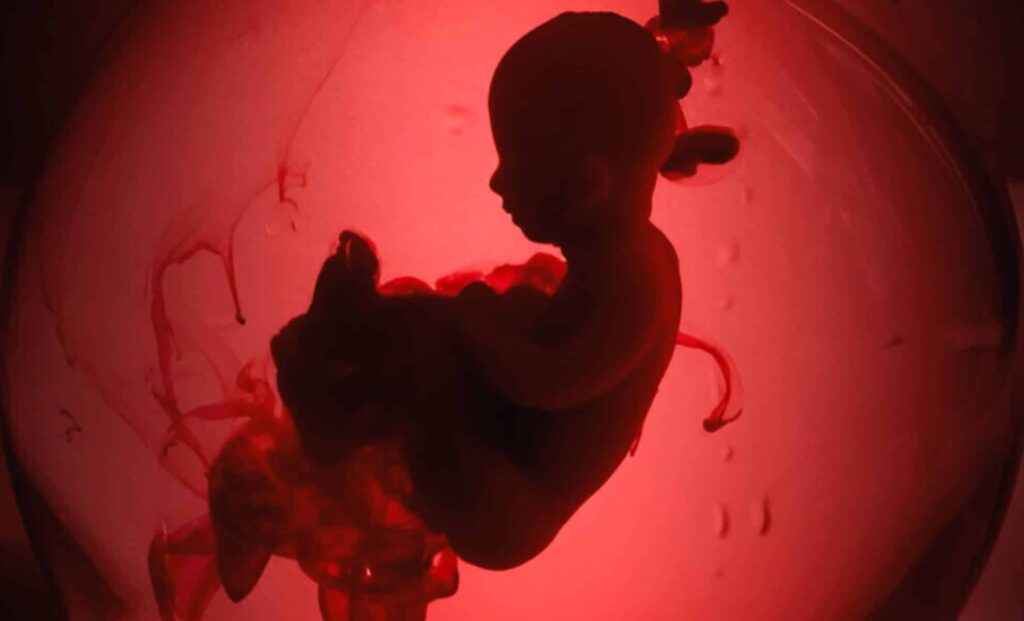In recent years, vegan diets have gained widespread popularity, driven by a growing interest in plant-based nutrition and environmental sustainability. However, a newly published study from the French National Centre for Scientific Research (CNRS) in Toulouse has raised serious questions about the potential risks of such diets during pregnancy, particularly regarding fetal brain development.
The Role of Methionine
The study, which was published in iScience, focuses on the impact of methionine, an essential amino acid, during pregnancy. Methionine is crucial for various bodily functions, including the synthesis of proteins and the growth of cells. It is primarily found in animal products such as meat, eggs, and fish, making it a nutrient that could be lacking in a vegan diet.
Because methionine cannot be produced by the body, it must be consumed through food. For pregnant women, an adequate supply of methionine is vital to support the rapid brain development of the fetus. However, the CNRS study suggests that deficiencies in this nutrient could lead to serious consequences, especially during crucial stages of pregnancy.
Findings from the Animal Study
The CNRS team, led by researcher Alice Davy, administered a methionine-deficient diet to pregnant mice for a period of five days during the 18-day gestation period. The results were striking. Even a short-term deficiency in methionine led to notable changes in the development of the fetal brain. Specifically, the mice offspring showed a thinner neocortex, the brain region responsible for higher functions like sensory processing and cognition. Additionally, the number of neurons in this area was significantly reduced.
Davy emphasized that these findings challenge the long-standing belief that the brain is resilient to nutrient deficiencies. “The vast majority of neurons in the adult brain are formed during gestation, and their regeneration in adulthood is extremely limited,” Davy explained. This research indicates that even brief periods of methionine restriction can have lasting, although partially reversible, effects on brain development.
Implications for Vegan Pregnancies
While the study’s findings do not suggest that all vegan diets will inevitably lead to a methionine deficiency, it highlights the need for caution. As Davy noted, “it is important to be alerted to ensure proper intake of methionine.” Pregnant women following a vegan diet must be particularly vigilant in monitoring their nutrient intake to avoid deficiencies that could harm fetal development.
The study’s implications are particularly relevant as more people adopt vegan lifestyles, raising concerns about how such diets affect the nutritional needs of both the mother and the fetus. Given the growing number of women choosing plant-based diets, this research underscores the importance of ensuring that critical nutrients like methionine are sufficiently present during pregnancy.
A Growing Need for Dietary Awareness
Despite the widespread recognition of the benefits of plant-based diets in many areas of health, including reducing the risk of chronic diseases, this study shines a light on the gaps in our understanding of how these diets affect pregnancy.
The research conducted by CNRS fills an important gap, as few studies have examined the specific effects of methionine deficiency during pregnancy. Given the increasing number of women adopting vegan diets, further research and awareness about the nutritional requirements during pregnancy are needed to avoid potential risks.
The CNRS study represents a timely reminder that even well-intentioned dietary choices can carry unexpected risks if not properly balanced. As veganism continues to gain popularity, pregnant women following such diets should be proactive in seeking nutritional guidance to ensure both their health and the health of their developing child.

